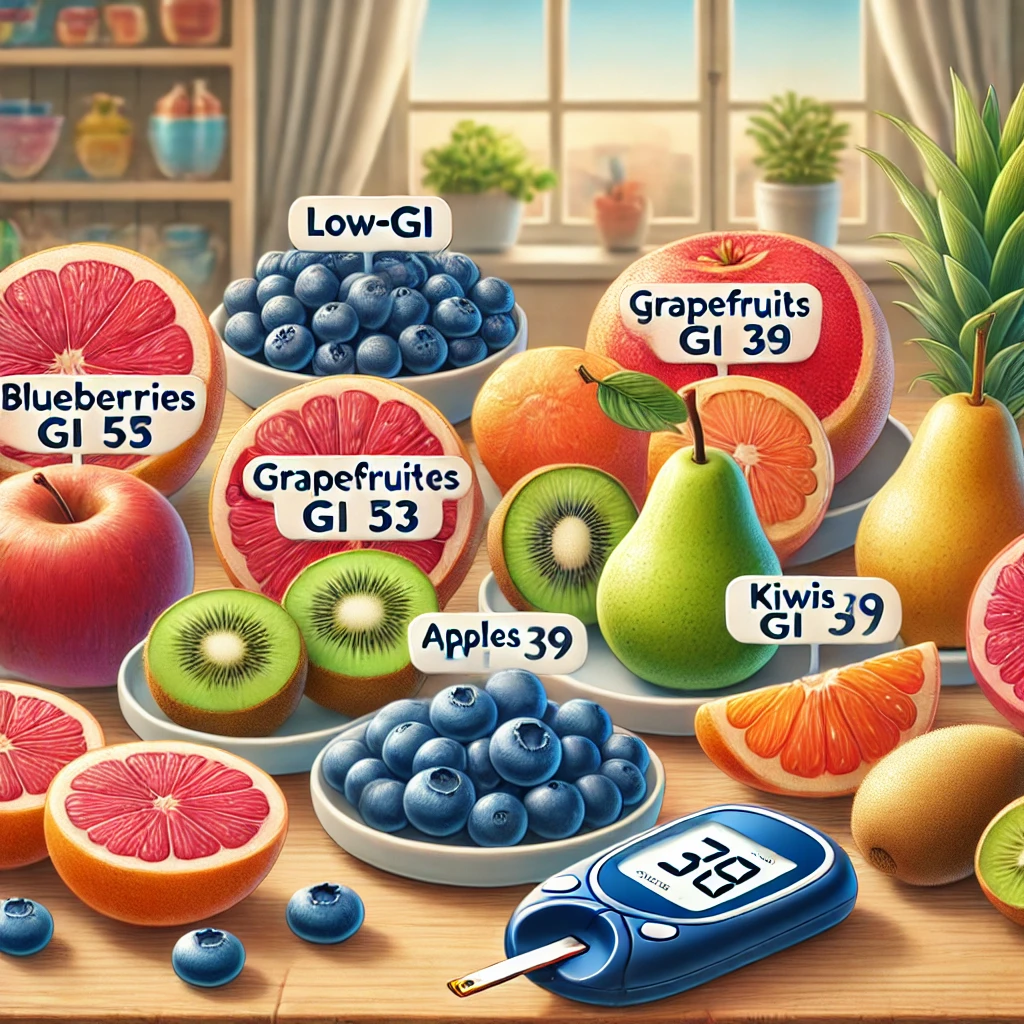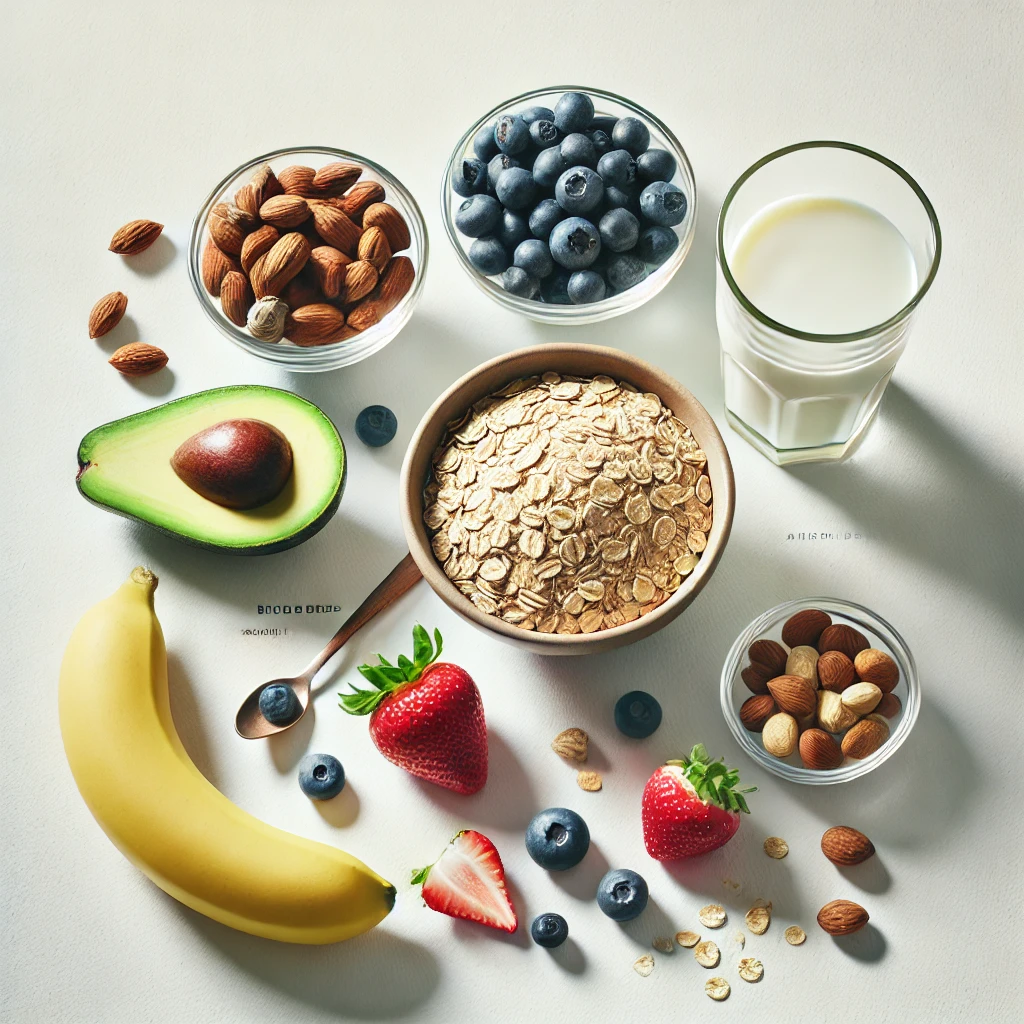Foods to Prevent Aging
A Guide to a Healthy Foods to Prevent Aging Foods to Prevent Aging, Aging is a natural process that everyone experiences, but by choosing the right foods, you can promote healthy aging and slow down the process.… Foods to Prevent Aging



